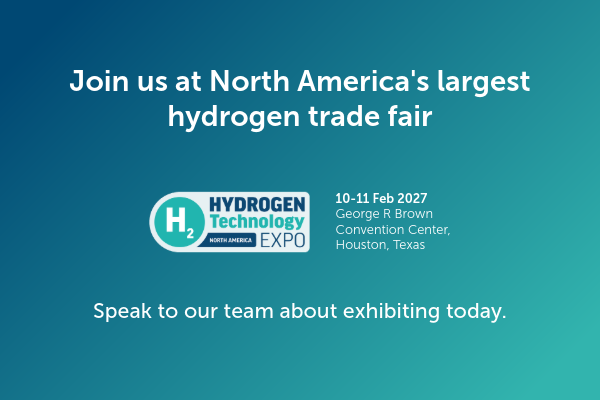Italy has announced its plan to deploy its first hydrogen powered train
)
Since 2016, hydrogen powered trains have been in development, with the first one, the Coradia iLint, produced by Alstrom, appearing at Innotrans in Berlin. This train was introduced to commercial services in Germany in 2018, where it became the worlds’ first hydrogen powered passenger train. The train operated through a combination of hydrogen fuel and battery energy storage, the by-products of this train consisted of only steam and condensed water emissions.
The developments of hydrogen trains continued into 2019 when the HydroFLEX, was released as the UK’s first hydrogen-powered train. This train was equipped with hydrogen fuel tanks, a fuel cell, and two lithium-ion battery packs for energy storage. Development plans are on-going to improve the train’s power and performance, however, now there has been a breakthrough for this industry in Italy.
Italy has recently announced their plan to have deployed their first hydrogen powered train by the end of 2024. This train’s name will be The Coradia Stream H, and it will run on hydrogen fuel cells. It will also have 260 seats and will be able to travel 373 miles.
Despite these advancements, it is clear that hydrogen as a fuel for rail transportation is still in its early stages. Yet, there is also huge potential for opportunities within sectors such as industrial, passenger, freight, mining, rapid transit and even trams or hydrolley or hydrogen trollies. The technology for these potential application, is remarkably similar to the technology utilised within the automotive and aerospace industries which is currently being constantly developed by China, Germany, Japan, Taiwan, the UK and the United States.
These developments and opportunities for these applications due show a huge amount of promise, but they also come with a variety of technical challenges, due to the difficulties and differences that come with managing hydrogen as a fuel. These difficulties come through the differences between hydrogen and gasoline, as hydrogen is an estimated three times denser than gasoline on a mass basis. However, on a volume basis it is incredibly less dense compared to gasoline. This results in hydrogen’s ability to be compressed and produce the same energy per volume as gasoline, once compressed.
These unique abilities that come with hydrogen as a fuel source, have led Germany to develop its future plans of putting a total of 14 hydrogen trains out into service, within the near future. This will be a small step towards the beginning of the use of hydrogen within Germany as currently there are 4,000 diesel powered trains within Germany, however it is a step forwards none the less and it will result in a positive impact. Taking these small advancements, will undoubtedly lead to larger advancements in the future, and this is clearly the beginning of developing the hydrogen fuel industry as a means of powering transport.



)
)
)
)
)
)
)
)


)
)
)
)
)
)
)
)
)
)
)

)
)
)
)
)
)
)
)
)

)
)
)
)
)
)
)

)
)
)
)
)

)
)

)
)
)
)
)
)
)
)

)
)
)
)
)
)
)

)
)

)
)
)
)
)
)
)
)


)
)

